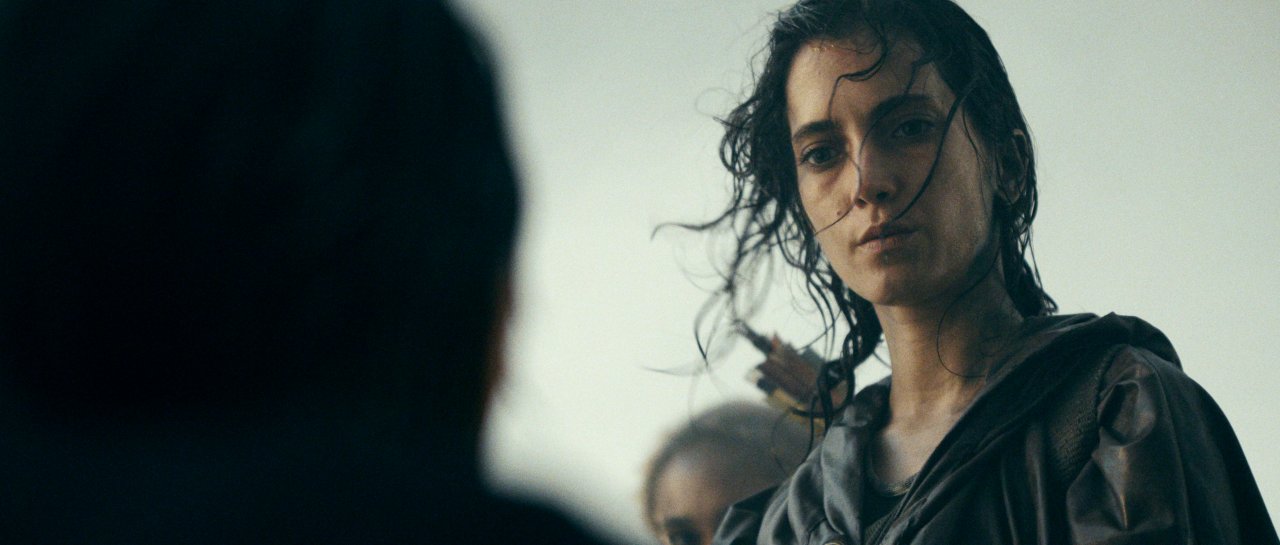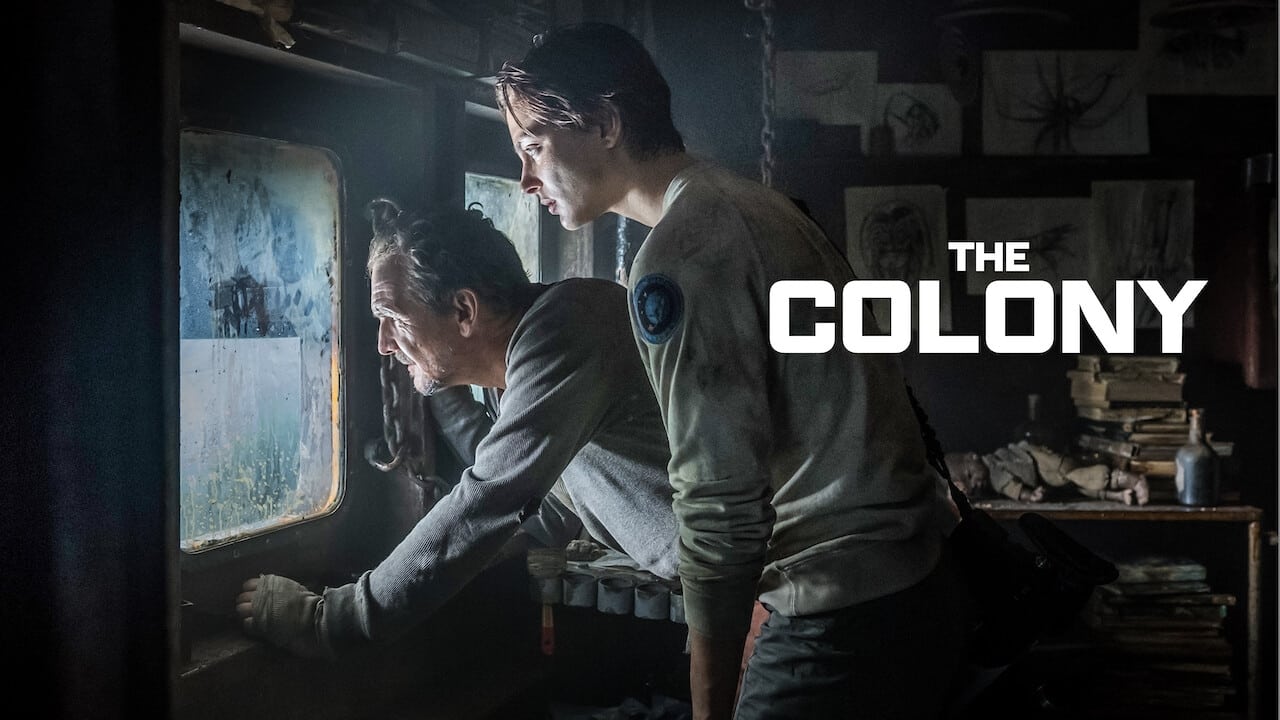The Colony (2021): A Haunting Sci-Fi Reflection on Earth’s Fragile Future
In the vein of cerebral dystopian science fiction, The Colony (Tides, 2021) stands as a visually arresting and thematically ambitious exploration of human survival, ecological collapse, and the question of whether humanity deserves a second chance on the planet it once destroyed. Directed by Swiss filmmaker Tim Fehlbaum and produced by Roland Emmerich, the film mixes the stark beauty of desolation with a slow-burning narrative that echoes the mood of classics like Children of Men and The Road.
Set in a distant future, The Colony envisions a post-apocalyptic Earth left barren and flooded due to climate disasters, pandemics, and war. The elite fled long ago to a distant planet called Kepler-209. However, Kepler's atmosphere has rendered its inhabitants infertile, and now the desperate quest to recolonize Earth has begun—not out of redemption, but necessity.

The story follows Blake (Nora Arnezeder), a second-generation astronaut from Kepler who crash-lands on Earth during a reconnaissance mission. Tasked with collecting data to determine if the planet is once again habitable, Blake soon finds herself cut off from her team, alone in a harsh, waterlogged world. She quickly discovers that Earth is not as abandoned as believed. Survivors remain—resilient, tribal, and skeptical of outsiders.
Among them is a young girl, Maila (Bella Bading), and her father Gibson (Iain Glen), who warn Blake of a rogue group led by the brutal Narvik (Sebastian Roché). This faction seeks to control the few remaining fertile women, using them as tools to restart the human race in their own twisted vision of order. Blake is forced to choose: follow the cold logic of her mission or side with the people she was taught to believe were primitive and lost.

The Colony thrives on atmosphere. Cinematographer Markus Förderer (known for I Origins and Independence Day: Resurgence) captures a world of haunting beauty—coastal plains drowned in fog, rusted remnants of civilization, and skies that seem both infinite and oppressive. The visuals evoke both awe and dread, underscoring the film’s environmental themes.
Nora Arnezeder delivers a strong performance as Blake—a woman torn between duty and empathy, science and emotion. Her transformation from emotionless emissary to protective fighter gives the film its emotional weight. Iain Glen adds depth as a father clinging to hope, and their dynamic provides some of the film’s more grounded, human moments.

The pacing of the film is slow but deliberate, matching its meditative tone. While action scenes are sparse, they’re effective, serving the story rather than overwhelming it. The score by Lorenz Dangel enhances the emotional undercurrents with ambient, moody tones.
At its core, The Colony is not just a tale of survival, but a cautionary fable about arrogance, colonialism, and the consequences of environmental neglect. It asks whether we deserve a second chance—and who gets to decide.

Verdict: The Colony (2021) is a thought-provoking sci-fi film that trades bombast for introspection. With its stunning visuals and timely message, it’s a compelling addition to the post-apocalyptic genre—and a stark warning for our present.
-1751938047-q80.webp)


